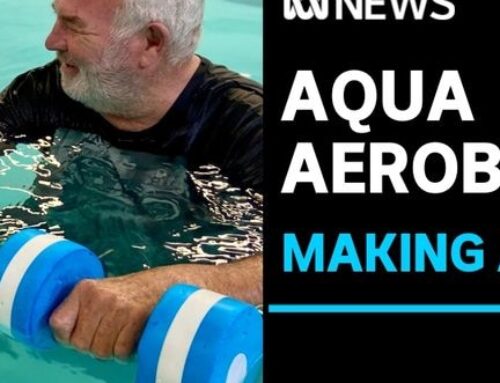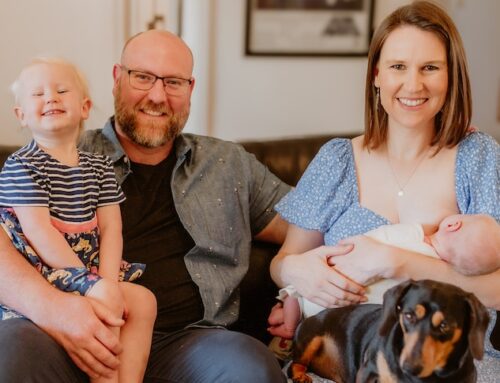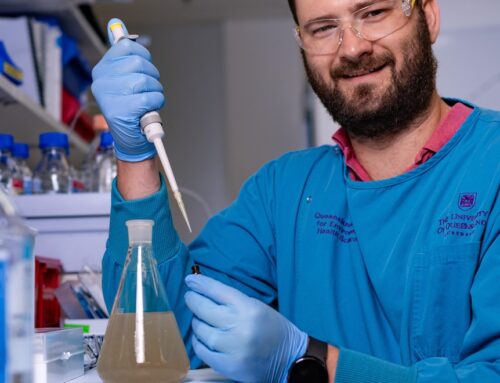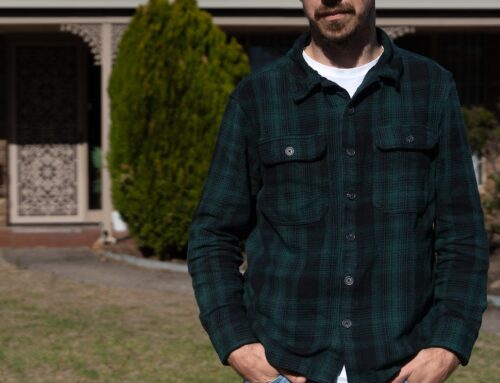Australia still lags behind countries like Iceland, New Zealand and Rwanda when it comes to female representation in parliament — but a national program is hoping to change that.
Key points:
- A national program hopes to increase female participation in state and federal politics
- Australia is ranked 32nd in the world for female representation in parliament
- Participants of the program say women are still facing a number of barriers
Sallee Shepherd has always been interested in pursing a career in politics, but she knows the road to get there can be challenging.
“I think it’s better than it has ever been … but we do have a long way to go,” she said.
“I would love to see more women represented and proving that you know it is a space for us and that we all can do it if we want to.
“We’ve got value to give and we deserve to give that.”
This year, she was one of 13 people who took part in the Pathways to Politics Program for Women, which was offered at the University of Adelaide for the first time and aims to address the under representation of women in Australia’s politics.
‘Harsh realities’ for female politicians
The number of female politicians in federal parliament has risen from just 25 per cent in 2002 to almost 40 per cent in 2023.
According to data from the Inter-Parliamentary Union, Australia is ranked 32nd in the world for female representation in parliament, an improvement from 56th position in 2021.
But despite the recent progress, Ms Shepherd said the way some female politicians have been treated is seen as a deterrent for many young women.
“It’s the stigma,” she said.
“I grew up in a time watching our first female Prime Minister get absolutely obliterated in our media and that’s scary.
“One of my biggest worries was you know, ‘Am I strong enough to be put through that?’ and I think that if I feel like that, there’s probably hundreds of other women that have the same barrier.
“What I know now compared to three months ago is tenfold, I feel so much more confident.”
Participant Casey Miles said throughout the 12-week program the group was guided by the fact that they could face some “harsh realities” in politics.
“I think in the beginning it sort of scared us a little bit even being people who are passionate about it,” she said.
“It’s a shame to only see so few female faces in the houses at the moment … there are the women out there who have the ability to be up there with the men as well and be on equal footing.”
Still ‘a long way to go’
South Australia remains the only state or territory in Australia which is yet to be led by a female.
Although men still out number women in the lower house, there is now equal representation of both genders in the legislative council.
SA Best MLC Connie Bonaros — who has previously described the state’s parliament as having a “toxic” culture — said there was still the need for improvement.
“This is an institution that wasn’t built or designed for any of us,” she said.
“I still think we have a long way to go before we break those old, entrenched workplace practices that have existed for time immemorial and aren’t up to standards with what we’d expect in any other workplace.
“I think that any change we’ve seen today has been overwhelming brought about as a result of having more women in here.”
Ms Bonaros said having more women in leadership positions within parliaments is vital to creating meaningful change.
“We don’t want to flood the back benches with women, we want women on the front benches where the decisions are actually being made,” she said.
“For a young group of women like this to be aspiring to get into politics I think is really inspiring because that’s what this place needs.”
Paving the way for change
The program was launched at the University of Melbourne in 2016, but has since expanded to every state and territory except for Western Australia and Tasmania.
South Australian program director Dr Anna Olijnyk said there were plans for the program to be fully national next year.
“Having more diversity in politics is important because we need our representatives to reflect the community,” she said.
“It’s about finding people who have so much to contribute to the community but who don’t necessarily know how to take that next step.”
So far, 32 participants from the program have had electoral successes at federal, state and local levels, including Labor MP Sally Sitou who was elected to federal parliament in 2022.
Ms Miles hopes she too will eventually be added to that list.
“I think in the next 10 years or so you’ll see a big change in both houses with more female representation,” she said.
“Paving the way to make positive change is something that’s really exciting to me.
“If I can do that in any way, shape or form, that would be amazing.”





